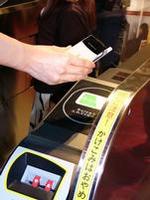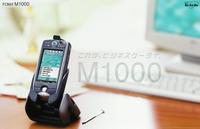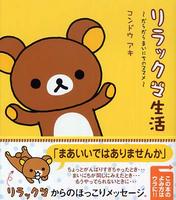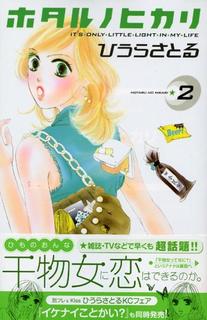
The BBC is reporting on
discount stores at war in Japan but getting some of the background wrong – if there is a war taking place then it is not only between convenience stores and discounters, but a larger battle that involves also 100 Yen Shops and supermarkets. The main battlefield, however, is among the convenience store operators themselves, as they are looking for new markets and sources of revenue.
Convenience stores – although limited to a surface of 100sqm – sell everything one needs in daily life, from precooked food to make-up and underwear, but no fresh produce such as fruit or vegetables. In the last years, they have also continuously expanded the services they offer – now you can draw money, pay bills, buy concert tickets at all stores and even drop your dry cleaning at some stores. What all convenience stores have in common are a very similar selection of products, more expensive prices compared to supermarkets, a bright atmosphere bordering on the sterile and often sleep-deprived staff (most are open 24 hours).
100 Yen shops have been around since the 1980s, and experienced massive growth during the economic crisis in the 1990s. Their range of products includes everything from household goods to clothes and non-perishable food at a standard price of 100 Yen, and the products on sale are mostly of surprisingly good quality.

The company Ninety-nine Plus has adapted this concept to supermarket products with its
Shop 99 and offers a range similar to a normal supermarket (i.e. including fresh fruit, vegetables etc) at the standard price of 99 Yen (some products are more expensive at 199 or 299 Yen). The store is popular especially with working singles, as they need fresh food products in small quantities outside the opening hours of normal supermarkets, but also bargain-hunting housewives.
Convenience stores are therefore being put under pressure both from supermarkets (which have been making efforts to expand their opening times) and discounters such as Shop 99 and the infamous Don Quijote. To fight back, convenience stores are moving away from the standard convenience store concept and branching out in a number of innovative directions:
1) Focus on organic food and high quality (Natural Lawson)
2) Try new store concepts and product lineups (Famima)
3) Copy the 100 Yen Shop model (Lawson, am/pm)
The aim of convenience stores is not only to increase their overall market share, but also diversify their customer base away from male consumers in the 20-30 age group to include housewives and elder people. Convenience stores are therefore not simply "going discount", but working on a number of different store concepts and trying to figure out what works and what does not. But this does not mean they are forgetting about their main stores - a further battlefield are premium brands of well-known manufacturers or even brands and products developed exclusively for a particular chain (see the Schweppes Grapefruit drink below, which is exclusively available at Family Mart).






















